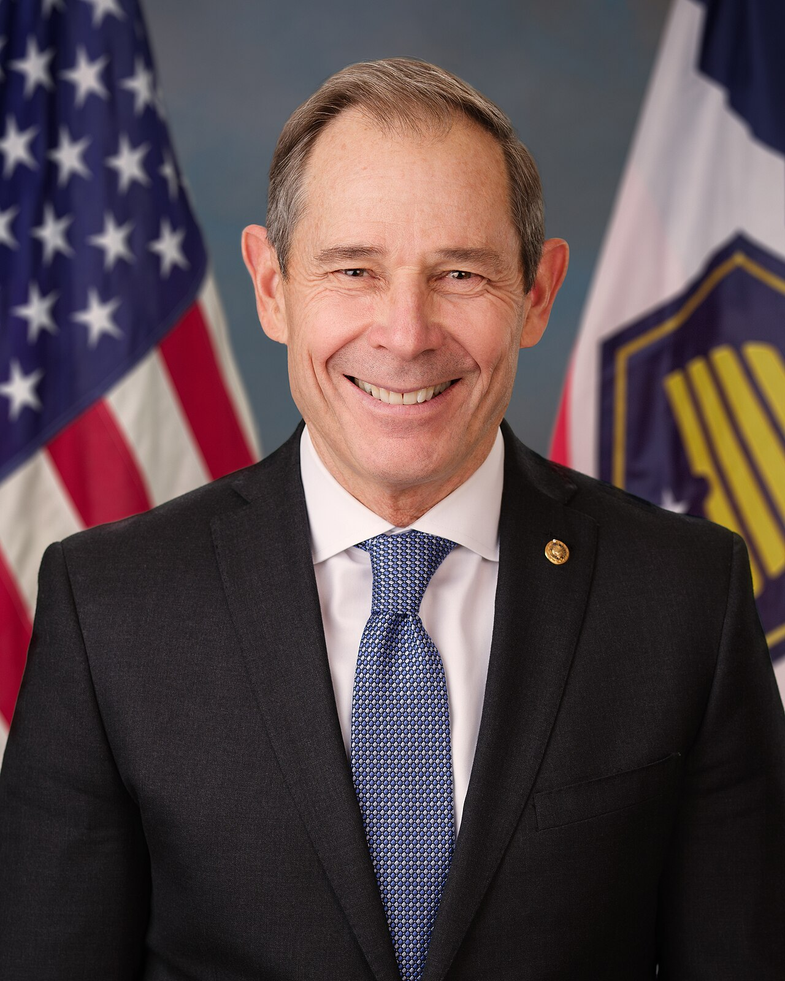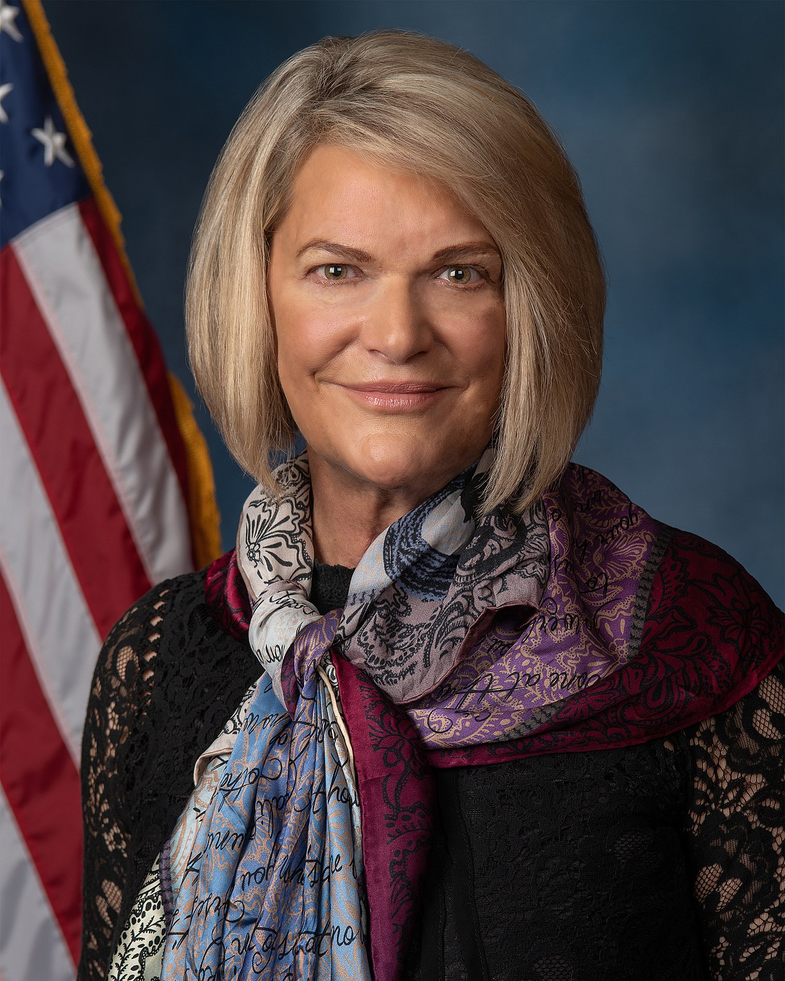S. 3044: Wildfire Emissions Prevention Act of 2025
The proposed Wildfire Emissions Prevention Act of 2025
seeks to amend the Clean Air Act to change how air quality monitoring data is handled, especially when it comes to prescribed fires and other exceptional events that impact air quality. The main points of the bill include:
Changes to Air Quality Monitoring
- Inclusion of Prescribed Fires: The bill defines “prescribed fire” and ensures that data related to these fires are considered when assessing air quality. This means that air quality monitoring will take into account not only natural events like wildfires but also controlled fires set for land management purposes.
- Defining Exceptional Events: The legislation modifies the criteria for what constitutes an "exceptional event" that affects air quality data. It specifies that an event needs to be either a natural occurrence or a human activity that mimics a natural event and that it should be recognized by state authorities unless contradicted by federal evaluations.
- Review Process Redesign: The Administrator of the Environmental Protection Agency (EPA) is tasked with publishing revised regulations concerning the review of air quality data influenced by these events within a certain timeframe, emphasizing cooperation with state and local agencies.
- Collaboration Among Agencies: The bill mandates collaboration between various state and federal agencies, especially in cases where exceptional events affect multiple jurisdictions. This aims to standardize how these events are evaluated and reported.
Regulatory Timeline
- The bill requires the EPA to propose revisions to the existing regulations within 270 days of the Act's enactment.
- It requires that revisions be finalized in a shorter timeframe, reducing the previous period from one year to 180 days, which is intended to streamline the process.
Preserving Existing Regulations
The legislation also includes a provision that maintains the status of emissions that were considered "exceptional" before the enactment of this Act, meaning that it does not retroactively designate any previously non-exceptional emissions as exceptional events.
Implications of the Bill
This bill aims to create a more robust framework for dealing with air quality issues arising from both natural and human-induced fire events. It seeks to ensure that air quality assessments are accurate and reflective of all factors influencing air quality, including prescribed burns used for land management. Through this act, the goal is to improve the management of wildfire emissions and their impact on air quality, ultimately aiming for better public health outcomes and environmental stewardship.
Relevant Companies
- RSG (Republic Services, Inc.): As a waste management company, they may be involved in clean air regulations and could be affected by changes in environmental compliance associated with air quality standards.
- WM (Waste Management, Inc.): Similar to Republic Services, potential impacts could arise from updated air quality regulations affecting waste management practices and emissions from operational processes.
This is an AI-generated summary of the bill text. There may be mistakes.
Sponsors
2 bill sponsors
Actions
2 actions
| Date | Action |
|---|---|
| Oct. 23, 2025 | Introduced in Senate |
| Oct. 23, 2025 | Read twice and referred to the Committee on Environment and Public Works. |
Corporate Lobbying
0 companies lobbying
None found.
* Note that there can be significant delays in lobbying disclosures, and our data may be incomplete.













